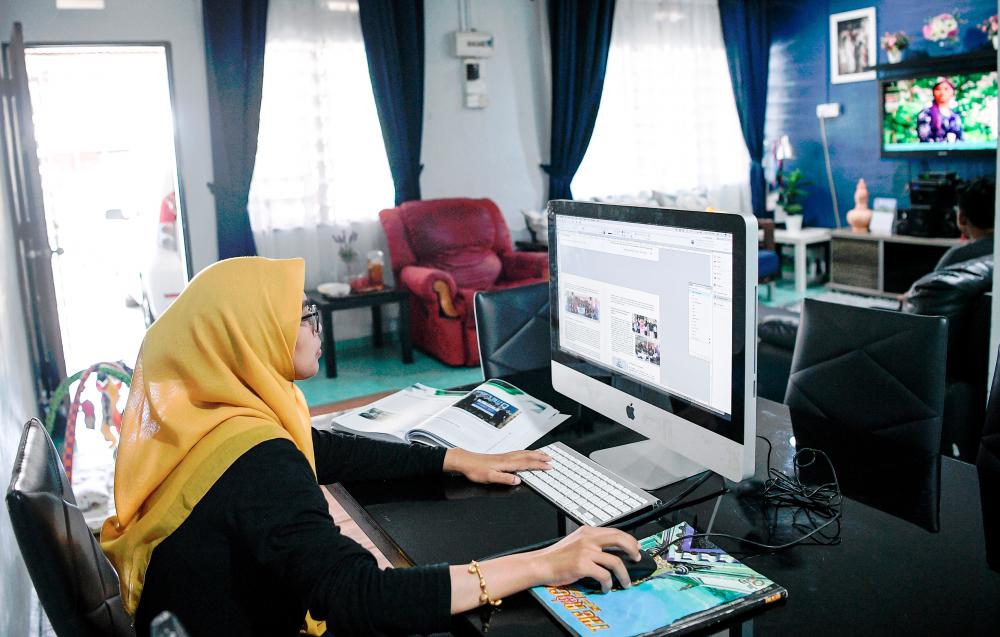PETALING JAYA: The Congress of Unions of Employees in the Public and Civil Services (Cuepacs) has thrown its support behind Prime Minister Datuk Seri Anwar Ibrahim’s suggestion that women civil servants should enjoy flexible or shortened working hours so they can attend to their family responsibilities more effectively.
Its secretary-general Abdul Rahman Mohd Nordin said the move will mark a significant stride towards gender equality and work-life balance in the public sector.
Anwar had suggested that such flexibility might involve adjusting pay rates, citing an example of potentially reducing working hours from the usual 8am to 5pm to just four hours, resulting in a proportionately lower pay.
“This adjustment aims to accommodate women who face pressure in balancing work and childcare responsibilities at home. It is part of an ongoing study for a new civil service salary scheme,” Anwar said during the International Women’s Day Celebration 2024 on March 8.
He said Malaysia could become the first country to offer such flexibility to female civil servants and expressed his intention to discuss this matter with the chief secretary to the government and the director-general of public services.
Abdul Rahman said it is encouraging to see discussions surrounding the topic and called for a quicker and more consistent implementation process.
He said Malaysia’s delay in adopting flexible working hours contrasted with Sweden, Denmark and Canada, which implemented such policies years ago.
“Even Norway has robust labour laws that support flexible working hours for men and women, emphasising the government’s promotion of a healthy work-life balance through generous parental leave policies.”
Abdul Rahman said the implementation of flexible working hours for female civil servants would not negatively impact the daily operations of government departments.
“However, it is crucial to ensure that such policies are implemented thoughtfully and equitably, taking into account the needs of all employees and considering the potential impact on daily work routines.
“For instance, flexible hours may cause changes to schedules, workload distribution and communication within departments. While it aims to provide better work-life balance for women employees, ensuring that service delivery and productivity are maintained is essential.”
Abdul Rahman emphasised that proper planning, communication and management strategies need to be in place to mitigate any negative impacts on daily work routines.
“Being a working woman is tough. You have got work deadlines to meet, a house to run and children to care for all at the same time. But by offering flexible schedules, we can ensure working women can manage their chores well,” he said.
Abdul Rahman also stressed the importance of implementing policies within the civil service that mirror the flexible work arrangements commonly found in the private sector.
“Many women are drawn to the benefits offered by most private sectors. Empowering women in the civil service requires implementing similar policies to those practised by the private sector that enable greater work flexibility.
“By offering options for remote work and on-site attendance, we can better accommodate the diverse needs of women employees, thereby enhancing their overall well-being and job satisfaction.”
Abdul Rahman said with flexible working practices, government agencies can become more attractive to draw top talent into the country and improve organisational efficiency and productivity.









